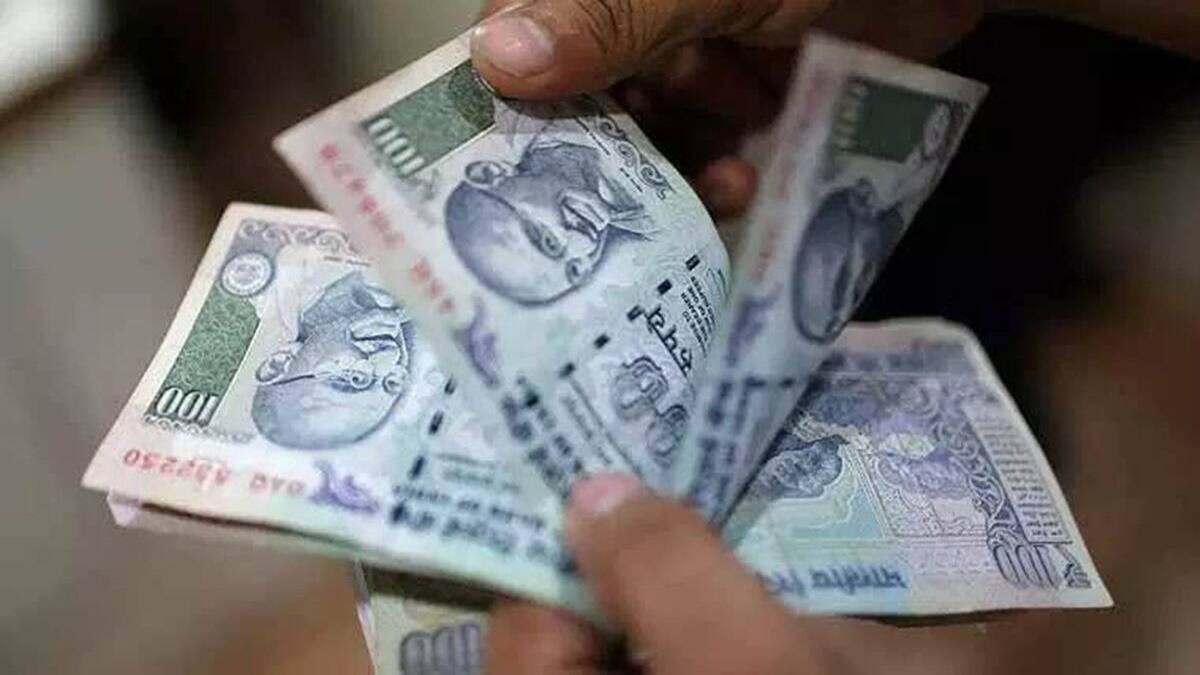By Siddhant Mishra
The delay in allotment of bonus shares by Nykaa, in a bid to purportedly avoid a crash after the lock-in period of anchor investors ended, is unfair on others, said market experts.
“This has been happening for a long time, and is a common practice among promoters who want to game the system,” said Dhirendra Kumar, founder and CEO of Value Research, a Delhi-based mutual fund rating agency.
Also read: Sebi notifies insider trading norms for mutual funds
He added such behavior makes serious investors lose interest in such companies. “There is also a question that whether such companies will do well in the long if they are resorting to such tactics so early in the business,” he added.
Shares of Nykaa closed at Rs 176 on the NSE on Friday. Following the expiry of the lock-in period on November 10, shares had come crashing from Rs 1,040 to Rs 185, according to data from the NSE.
The company announced a 5:1 bonus share issue, and had deferred its record date from November 3 to November 11, which is the date to determine the members eligible to be allotted the bonus shares.
According to media reports, the delay in allotment of shares was done in a bid to prevent pre-IPO investors from exiting before the lock-in period, which would have sent the stock crashing on the bourses.
A lawyer who did not wish to be named agreed, saying that the company’s promoters know it’s true worth, because of which they had tried to get maximum leverage from its high share price.
Also read: Emerald Leasing Finance & Investment approves fundraising via preferential issue of shares
“The valuation was inflated during the IPO, and the promoters knew it. The company was valued at close to Rs 1 trillion, but today it’s down to below Rs 60,000 crore. They just want to delay the inevitable, and get the maximum price before the shares eventually tank,” said the source familiar with the matter.
He added that because bonus shares have no impact on a company’s financials and they are free to issue bonus shares to investors, the company is technically not doing anything illegal. However, he said a regulation would be welcome and suggested that bringing the stipulated time down from 15 days at present, to two-three days, could be a possible solution for the malpractice.



